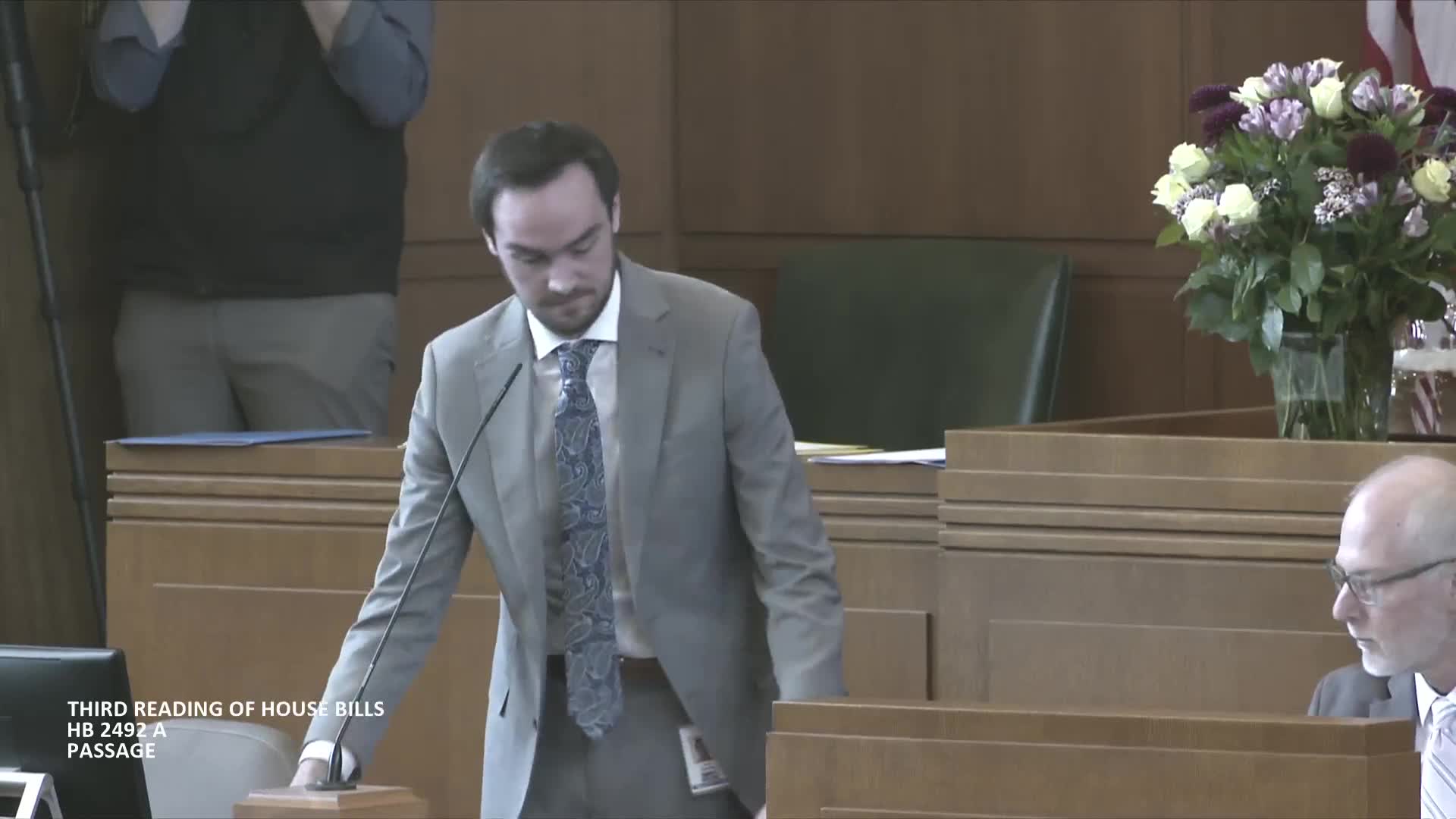Article not found
This article is no longer available. But don't worry—we've gathered other articles that discuss the same topic.
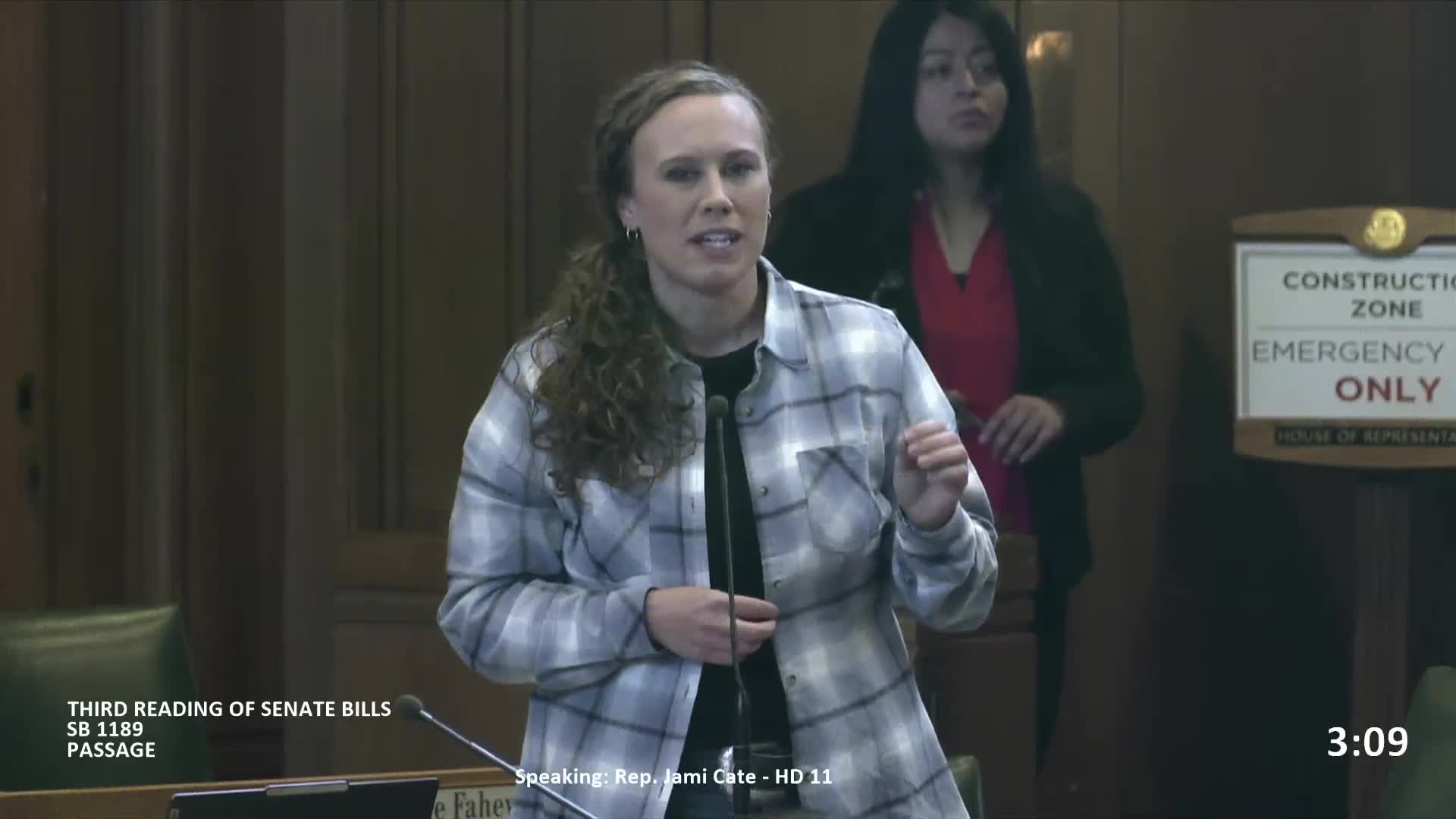
House clears emergency measure to unlock $50 million ARPA funding for North Santiam sewer project
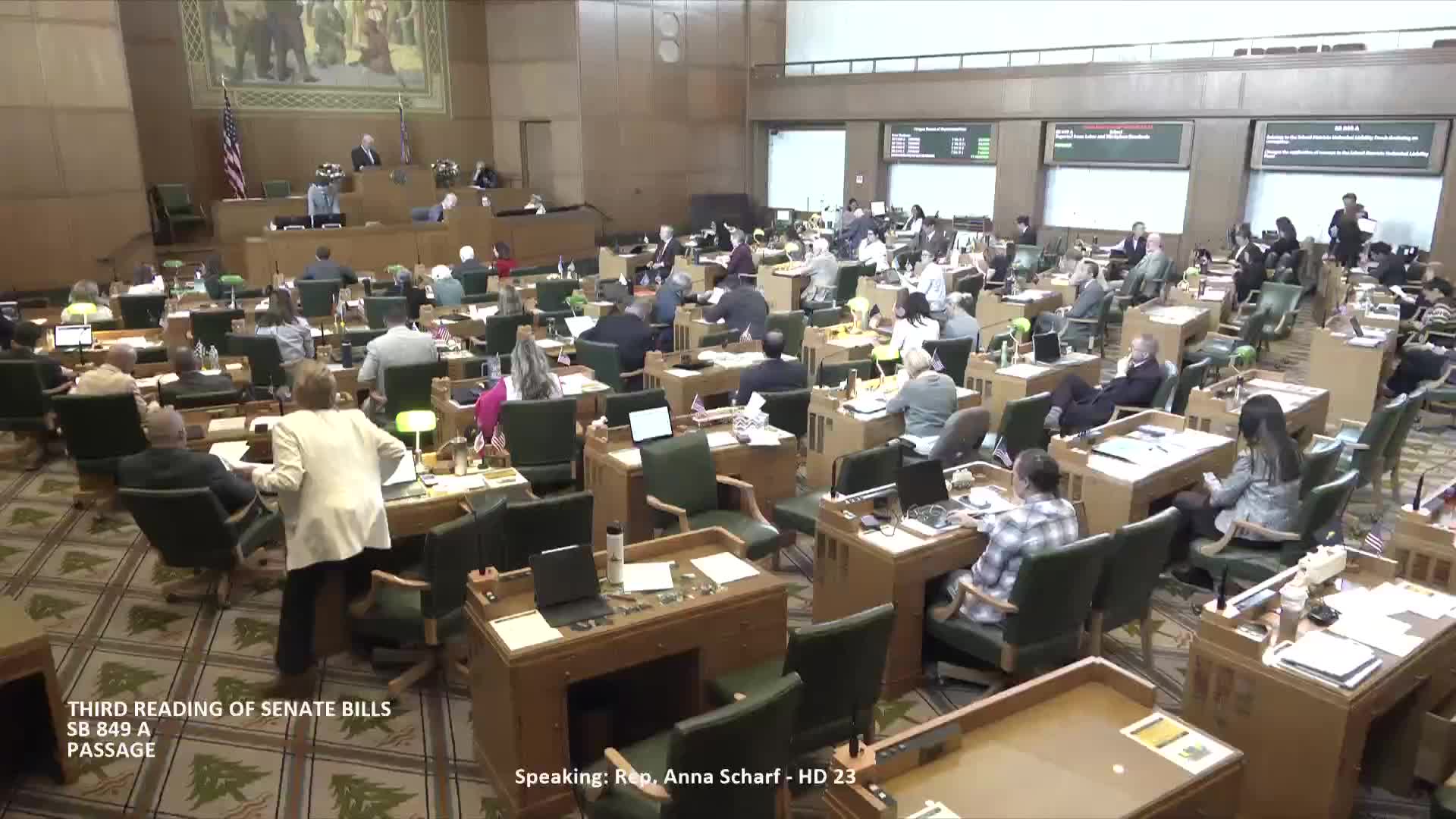
House passes bill to apply school unfunded-liability fund balance to school employers’ 2025–27 PERS rates
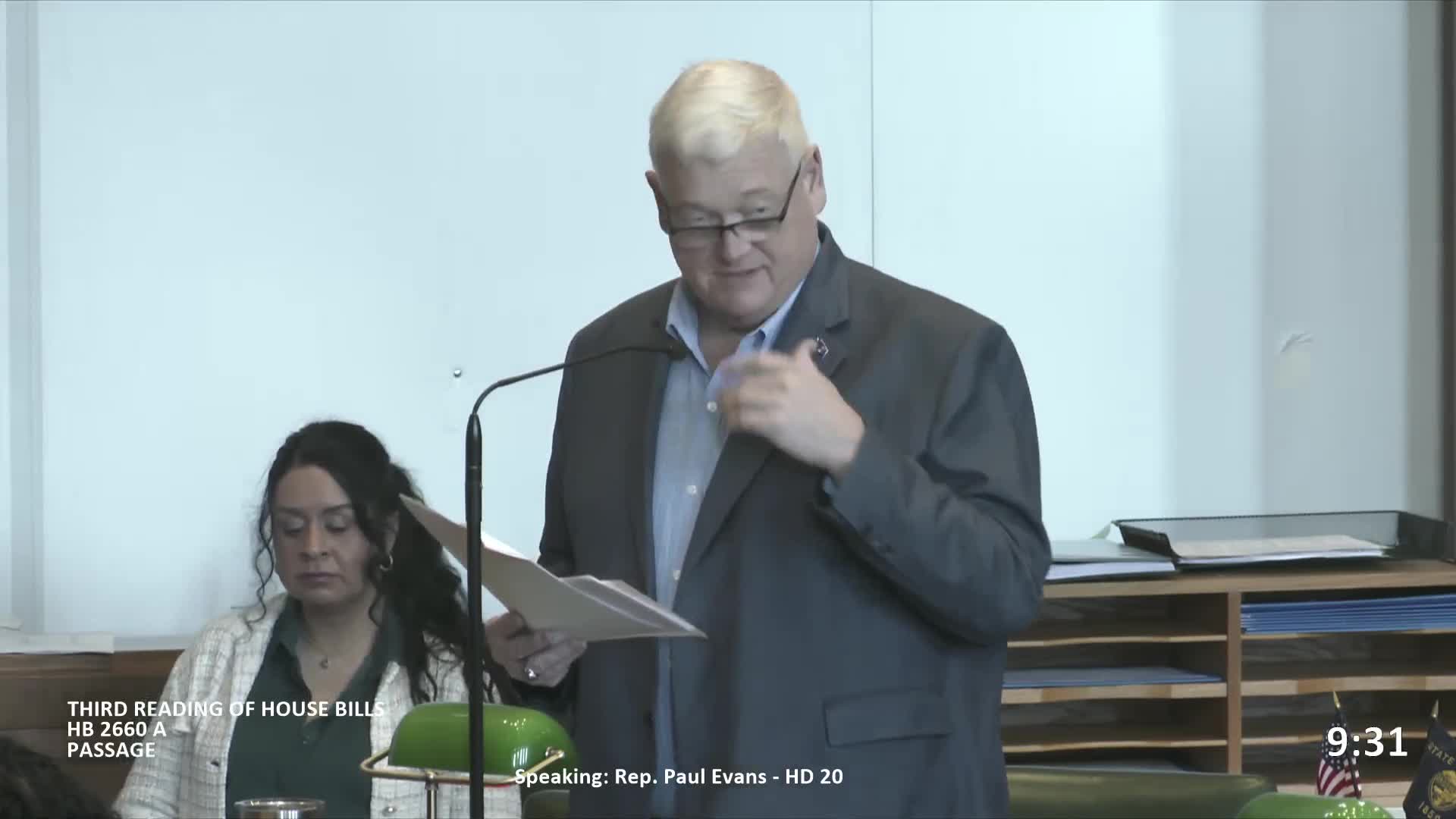
House expands trip-permit period for out-of-state RV buyers from 10 to 30 days
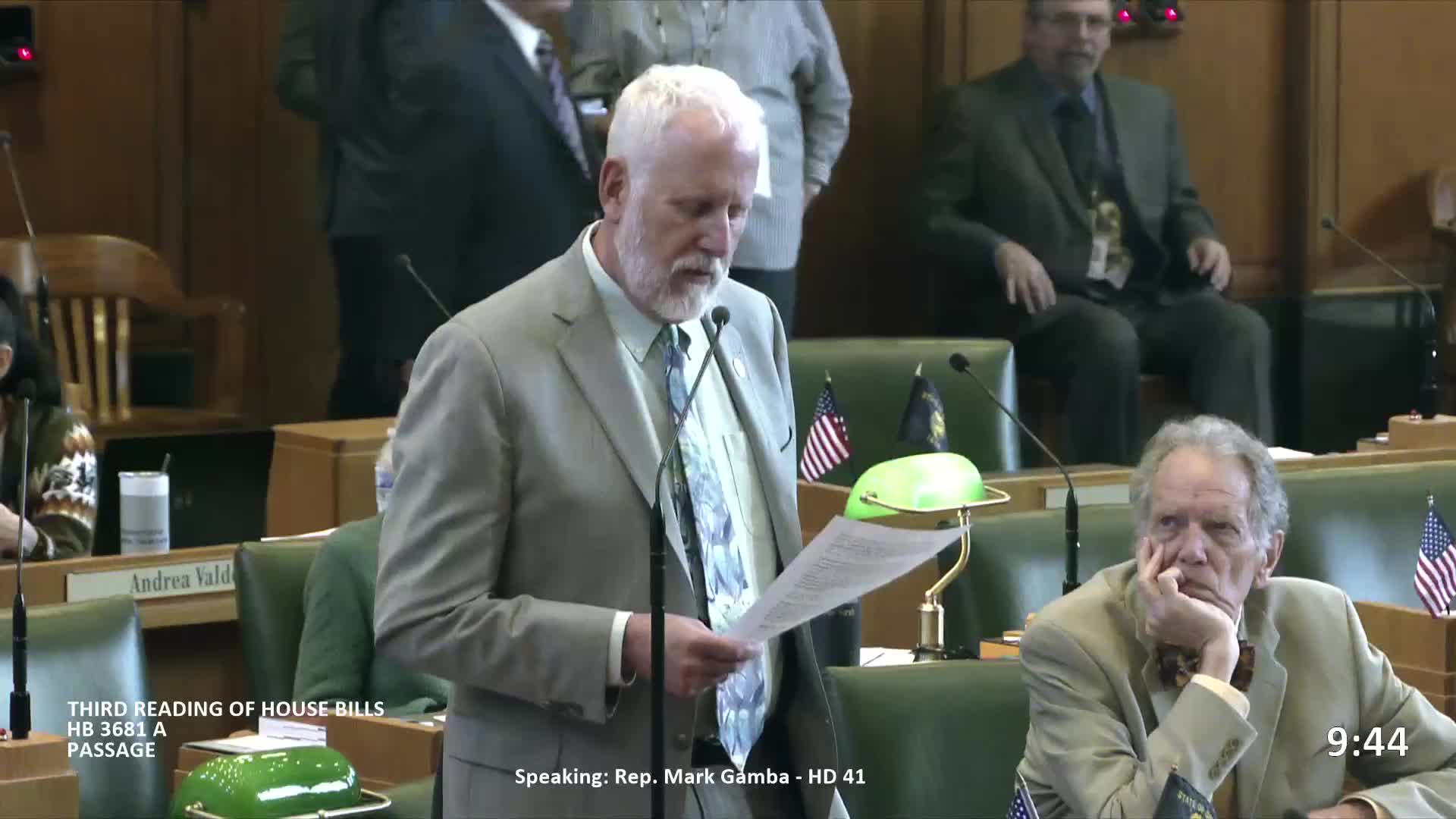
House approves measure to speed permitting for transmission and energy facilities
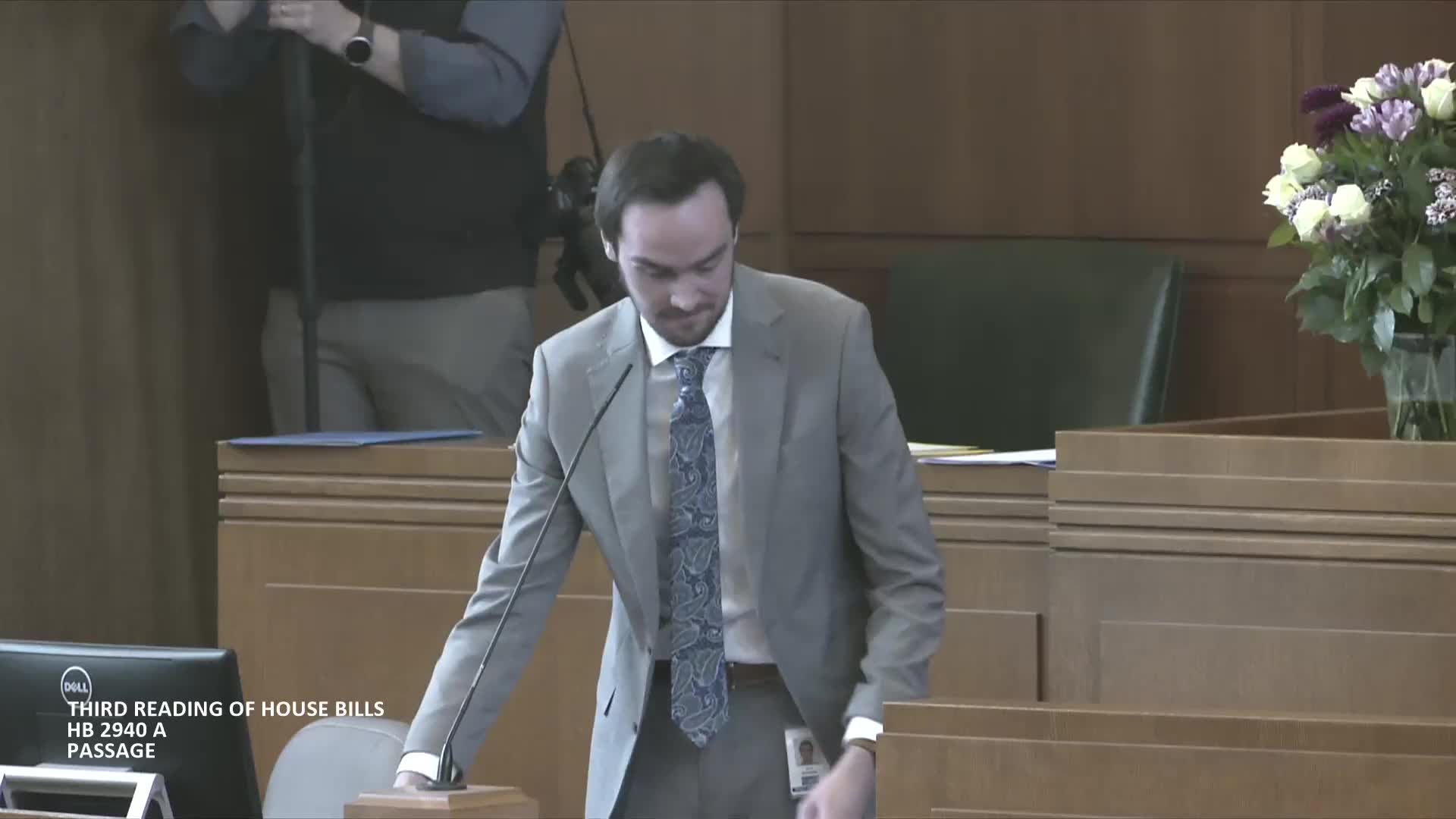
House passes bill to deliver real-time sickle cell care plans to emergency departments
